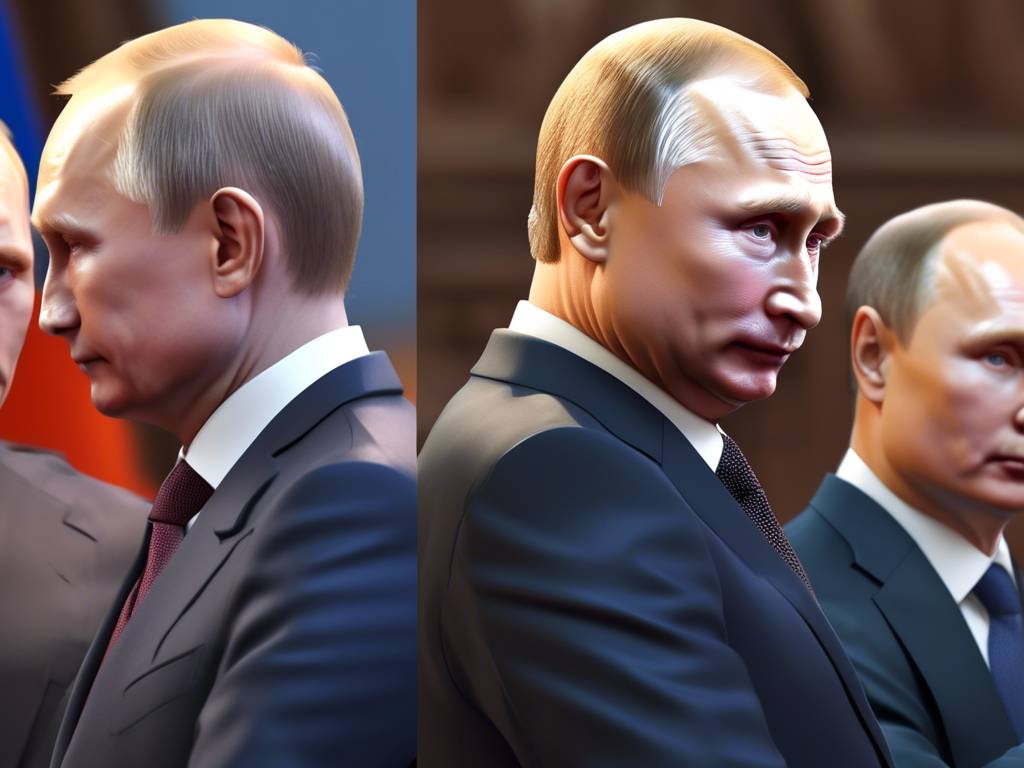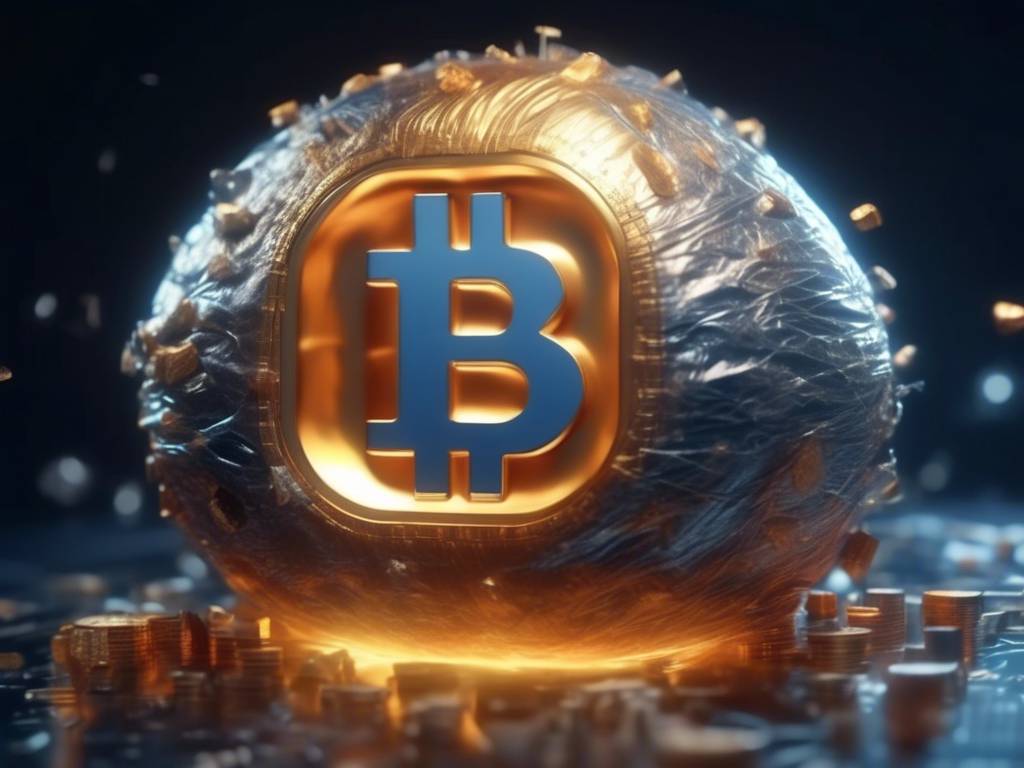Exploring International Relations: China, Russia, and the United States
China and Russia have recently pledged to deepen their cooperation, particularly in response to the United States. Russian President Putin’s state visit to Beijing with Chinese President Xi has highlighted growing nuclear tensions between these nations and the US. Despite these geopolitical tensions, US JP Morgan Chase CEO Jamie Dimon emphasizes the importance of engaging with China due to shared interests in areas like climate change and nuclear non-proliferation. The history between China and Russia has been complex, with past conflicts and tensions. However, their current relationship is strengthened by their disagreements with the West.
- Historical Relations Between China and Russia
- Current International Dynamics
- Shared Interests Between China and Russia
- China’s Dominance in the Relationship
- Putin’s View on the Relationship
- Global Perspectives on the China-Russia-US Dynamic
- Global South’s Position
- European Union and US vs. China and Russia
- The Complexity of the Current Tension
Strengthening Economic Ties: China-Russia Agreements and Collaboration
Despite their differences, China and Russia have found common ground in economic partnerships. Russia’s dependence on China due to global economic isolation has led to growing economic integration between the two nations. These economic ties are based on mutual benefits, with Russia supplying energy commodities that China needs and China providing advanced technology and know-how that benefits Russia. Recent agreements between the two countries range from agriculture to artificial intelligence, showcasing the depth of their economic collaboration.
- Economic Integration between China and Russia
- Bilateral Agreements and Collaborative Efforts
- Importance of Energy and Technology Exchange
- Focus on Various Industries
- Ruble-Based Trade and Economic Resilience
- Challenges and Considerations in the Economic Relationship
- Impact of Global Sanctions and Regional Conflicts
- Oil Trade Dynamics with China
- Tensions in the Financial Sector and Sanction Risk
The US, IMF Criticism, and Shifting Global Economic Paradigms
The International Monetary Fund (IMF) has recently criticized the United States for its surging debt, trade restrictions, and policies targeting China. This criticism reflects a broader shift in the global economic landscape, with traditional frameworks like global economic integration and free trade facing challenges. The changing dynamics between the US, China, and Russia, coupled with the IMF’s concerns, point towards a reconfiguration of global economic relationships and policies.
- IMF’s Critique of US Economic Policies
- Shift in Global Economic Norms and Alliances
- Rethinking Free Trade and Economic Integration
- Challenges and Opportunities in a Shifting Landscape
- Impacts on Global South and Regional Blocs
- Implications for Global Trade and Financial Stability
- US-China-Russia Triad and Future Scenarios
- Role of Multilateral Institutions in Economic Governance
- Adapting to New Economic Realities and Geopolitical Dynamics
Market Insights and Recommendations for Investors
As global economic and geopolitical dynamics evolve, investors are advised to consider various market trends and opportunities. With an emphasis on equities, particularly in the US and Japan, investors can navigate market volatility and capitalize on potential growth areas. Sectors like artificial intelligence offer long-term potential, despite some concerns about saturation. In addition, factors like currency fluctuations and policy shifts can impact investment decisions, making it essential for investors to stay informed and adaptable.
- Equity Markets: US and Japan Focus
- Emerging Trends in AI and Technology Sectors
- Long-Term Potential of AI Investments
- Opportunities and Risks in Dynamic Markets
- Global Market Outlook and Investment Strategies
- Currency and Policy Considerations for Investors
- Impact of Dollar Fluctuations on Asian Markets
- Investment Opportunities Amidst Economic Shifts
- Strategies for Navigating Market Uncertainty
Hot Take: Navigating International Challenges in a Changing World
As geopolitical tensions and economic uncertainties continue to shape global dynamics, investors and policymakers face multifaceted challenges. The interplay between countries like China, Russia, and the US, combined with evolving economic paradigms and market trends, necessitates strategic decision-making and adaptability. By staying informed, assessing risk factors, and seizing opportunities in emerging sectors, stakeholders can navigate the complexities of today’s interconnected world and position themselves for sustainable growth and resilience.





 By
By
 By
By


 By
By